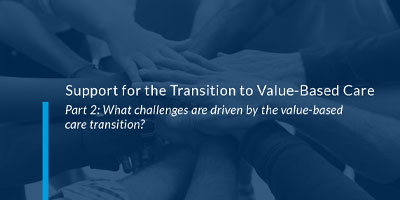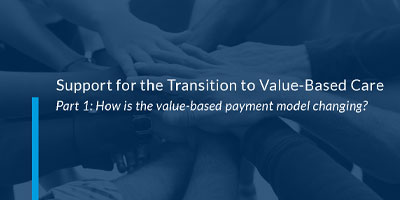Insights
Learn more from thought leaders, videos, webinars, case studies, and more.
Thought Leadership
Literature
Videos
Care Pathways
Transforming Diagnoses and Enhancing Clinical Quality
Transforming Diagnoses and Enhancing Clinical Quality: eConsults have significantly elevated clinical quality and care impact by improving health outcomes for patients and enhanced quality of life.
Elevating Care Impact: The Power of eConsults in Healthcare
eConsults in healthcare have significantly elevated care impact by improving health outcomes for patients and enhancing quality of life.
Common Challenges to Achieve Clinical Quality Goals: Containment
Containment in healthcare involves equipping providers with the appropriate recommendations to effectively manage a patient’s care within their practice, without the need for unnecessary referrals…
How eConsults Reduce Overuse of Emergency Departments
What drives overuse of emergency departments? Diminished access to care, long patient wait times, and poor management of chronic conditions.
Part 3: eConsults for Successful Value-Based Care
Part 3 – Support for the Transition to Value-based Healthcare. Let’s discuss value-based healthcare transition challenges can benefit from adding eConsults.
Part 2: What Challenges are Driven by the Value-Based Care Transition?
Primary care practices, particularly smaller ones, must significantly upgrade their technology. Both to be sure that when they are referring a patient, the patient stays in-network and that the specialist is available to provide care.
Part 1: Support for the Transition to Value-Based Care
How is the VBC payment model changing? Value-based care is a trending topic and an industry buzzword. Value-based care payment models emphasize quality over quantity of care. Providers are rewarded for improving health outcomes and patient satisfaction.
Targeting Healthcare Cost Savings, Focus on High-Value eConsults
At-risk practices that focus on high-value eConsults see the greatest benefits from their eConsult programs — healthcare cost savings and improved patient outcomes. These practices identify patients at high risk of serious health events…
Partnering to Improve CMS Star Ratings and Chronic Care Management
Access to chronic care management, care coordination and avoidable hospitalizations are benefits of eConsults. These factors directly tie into CMS patient satisfaction star ratings and…









